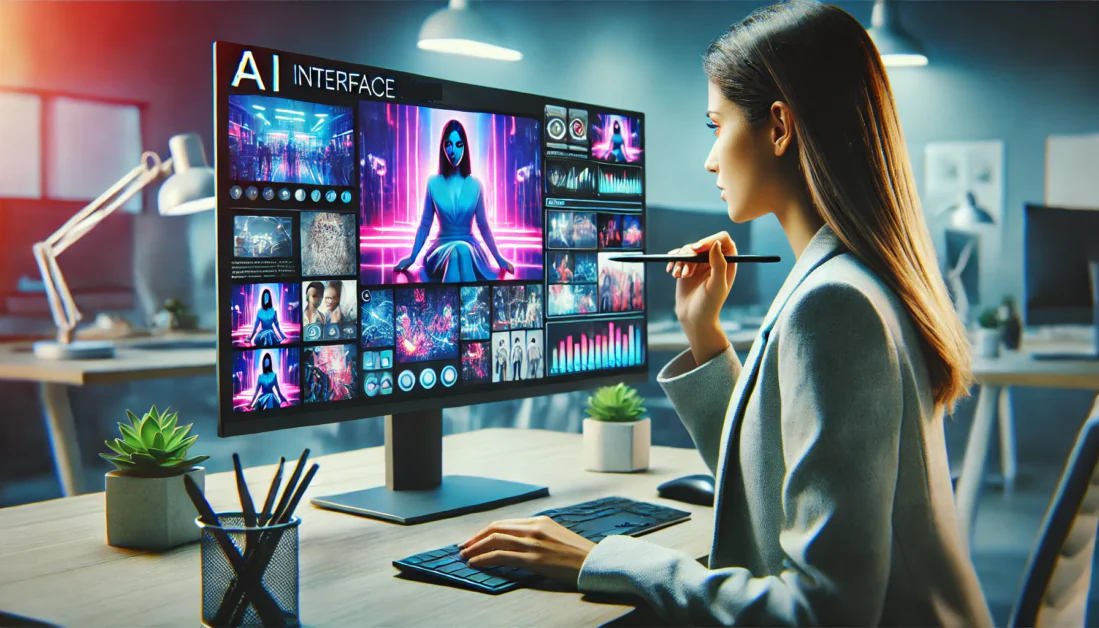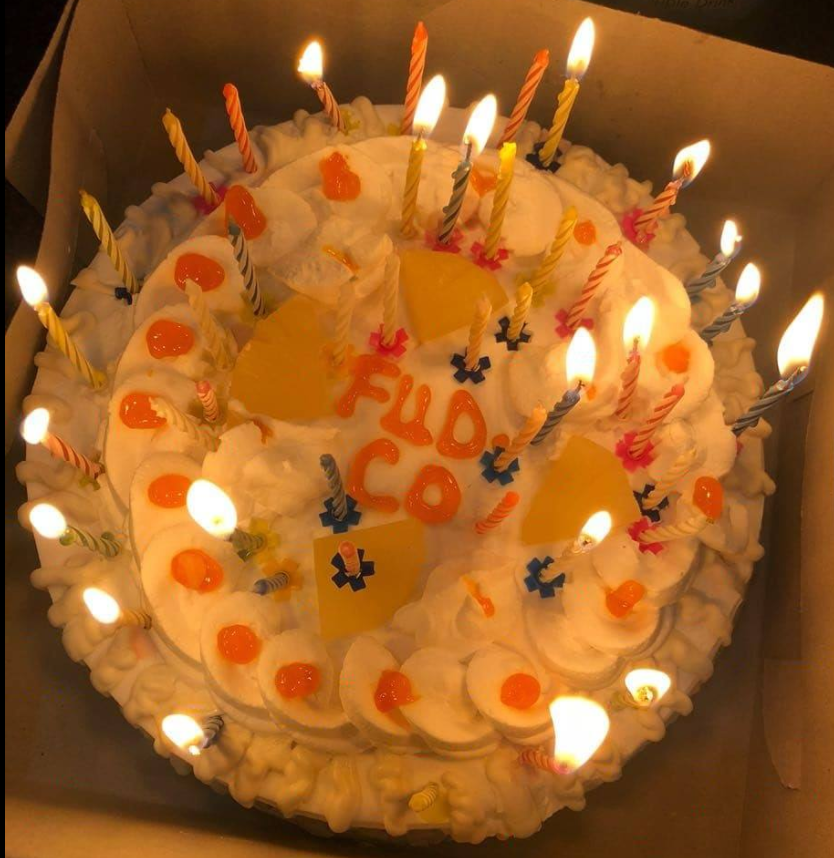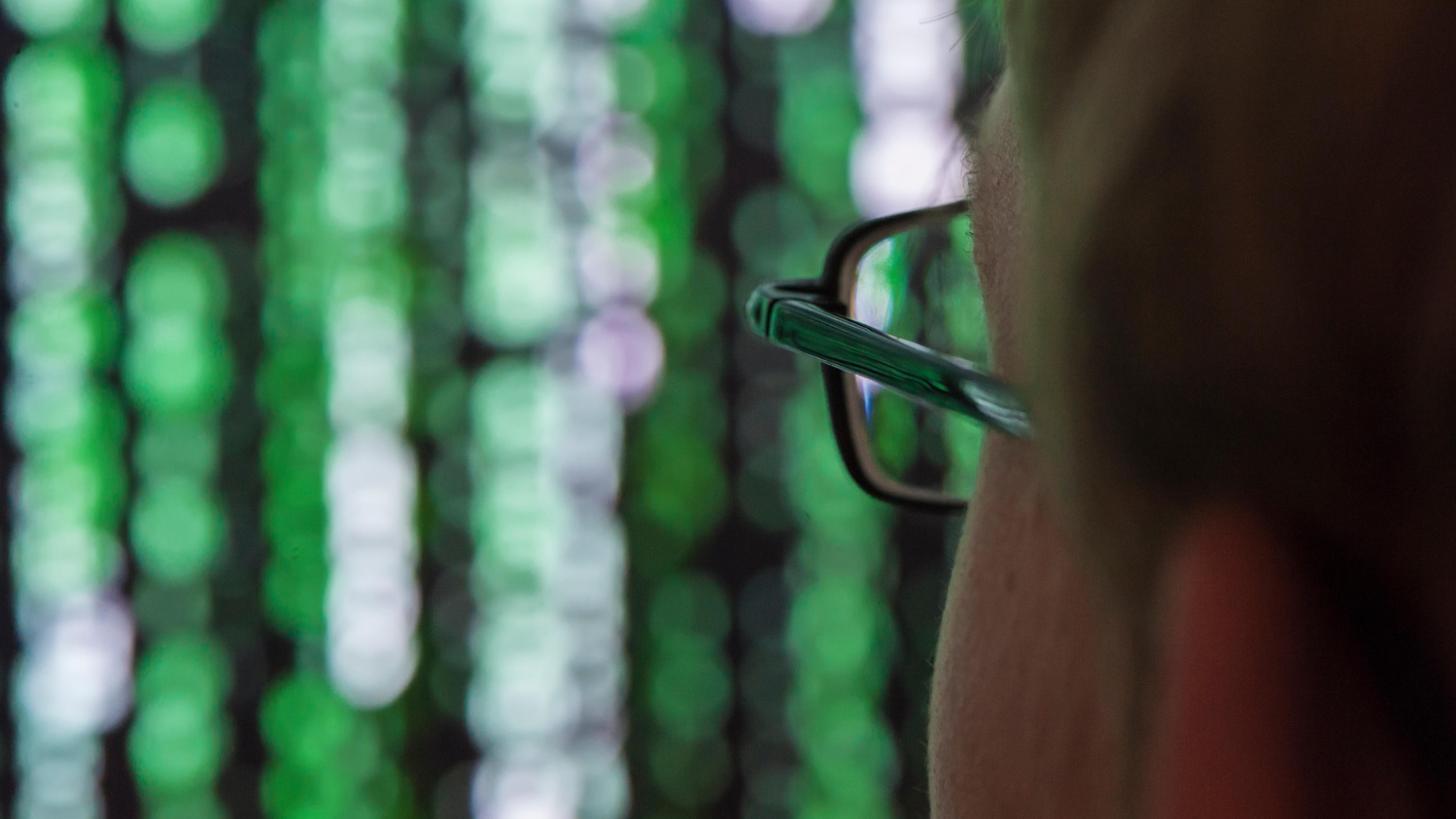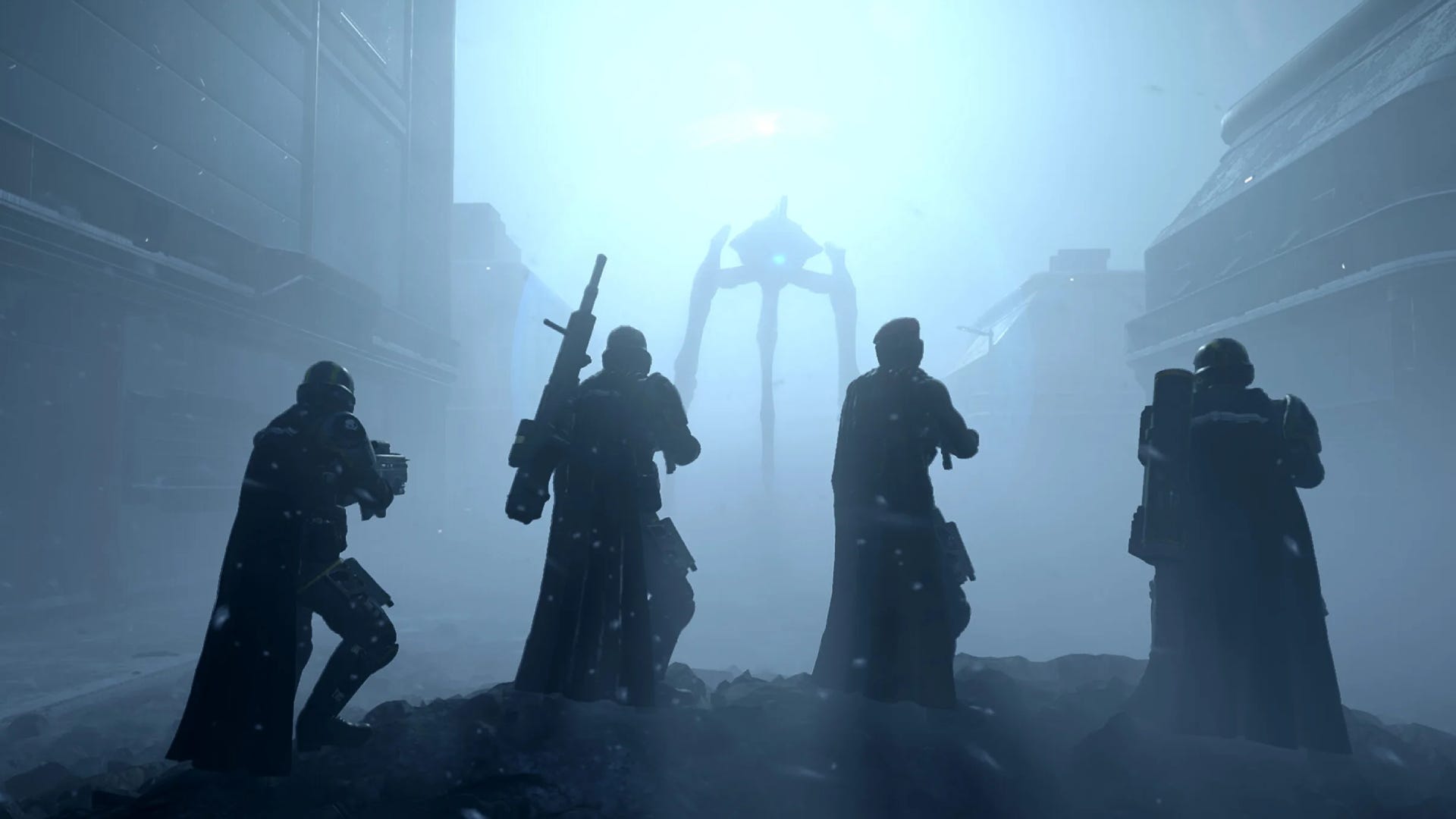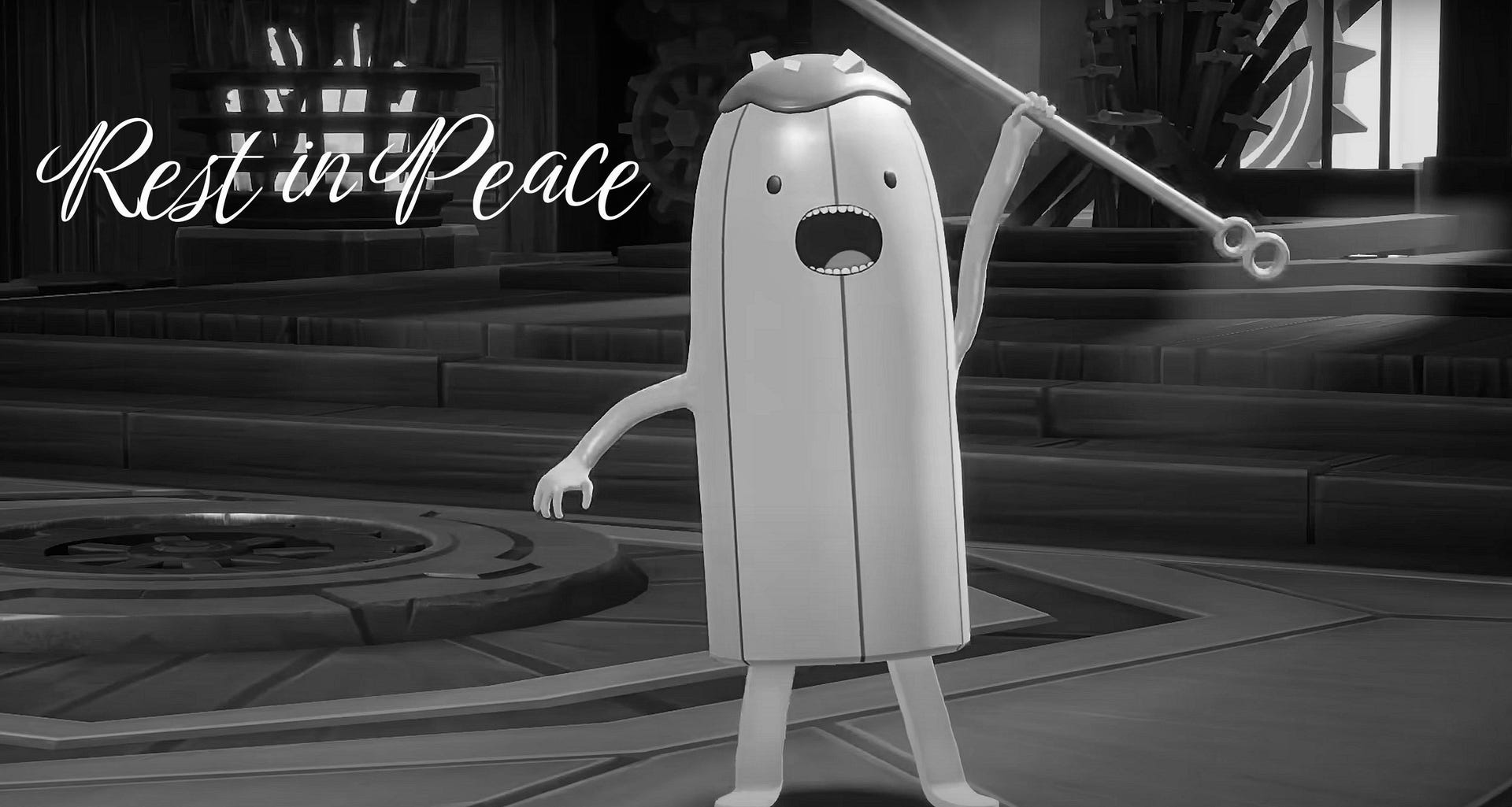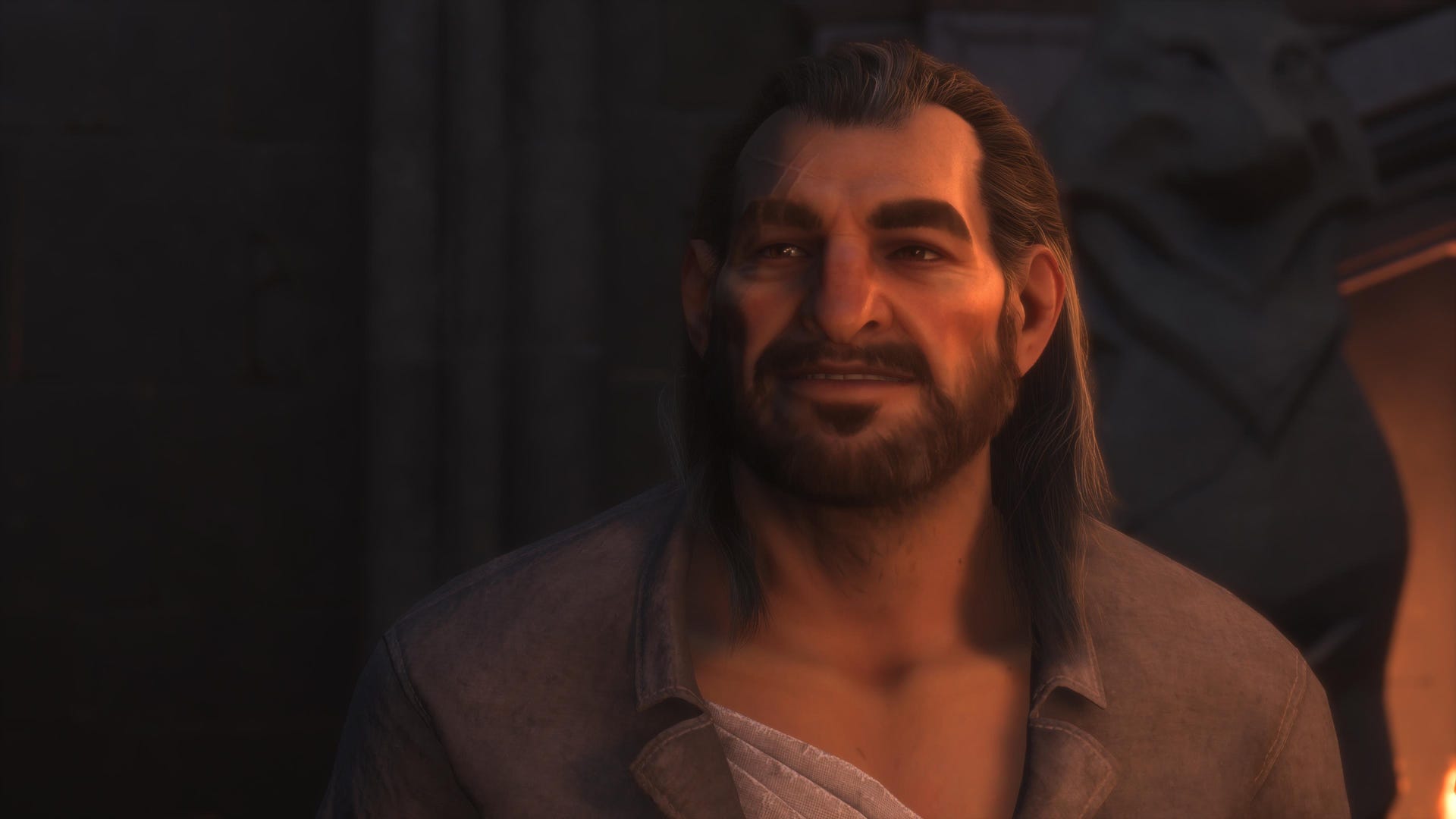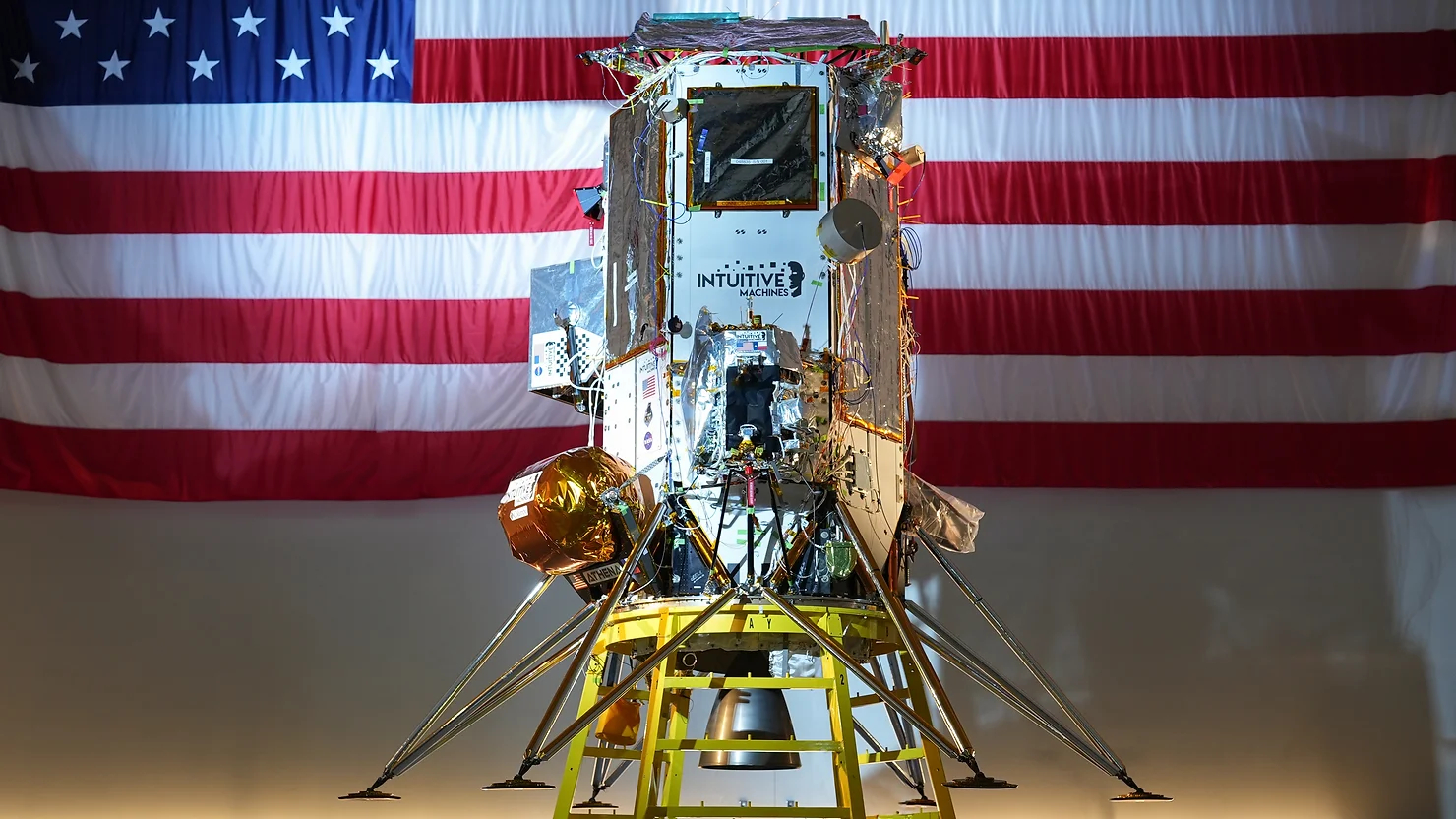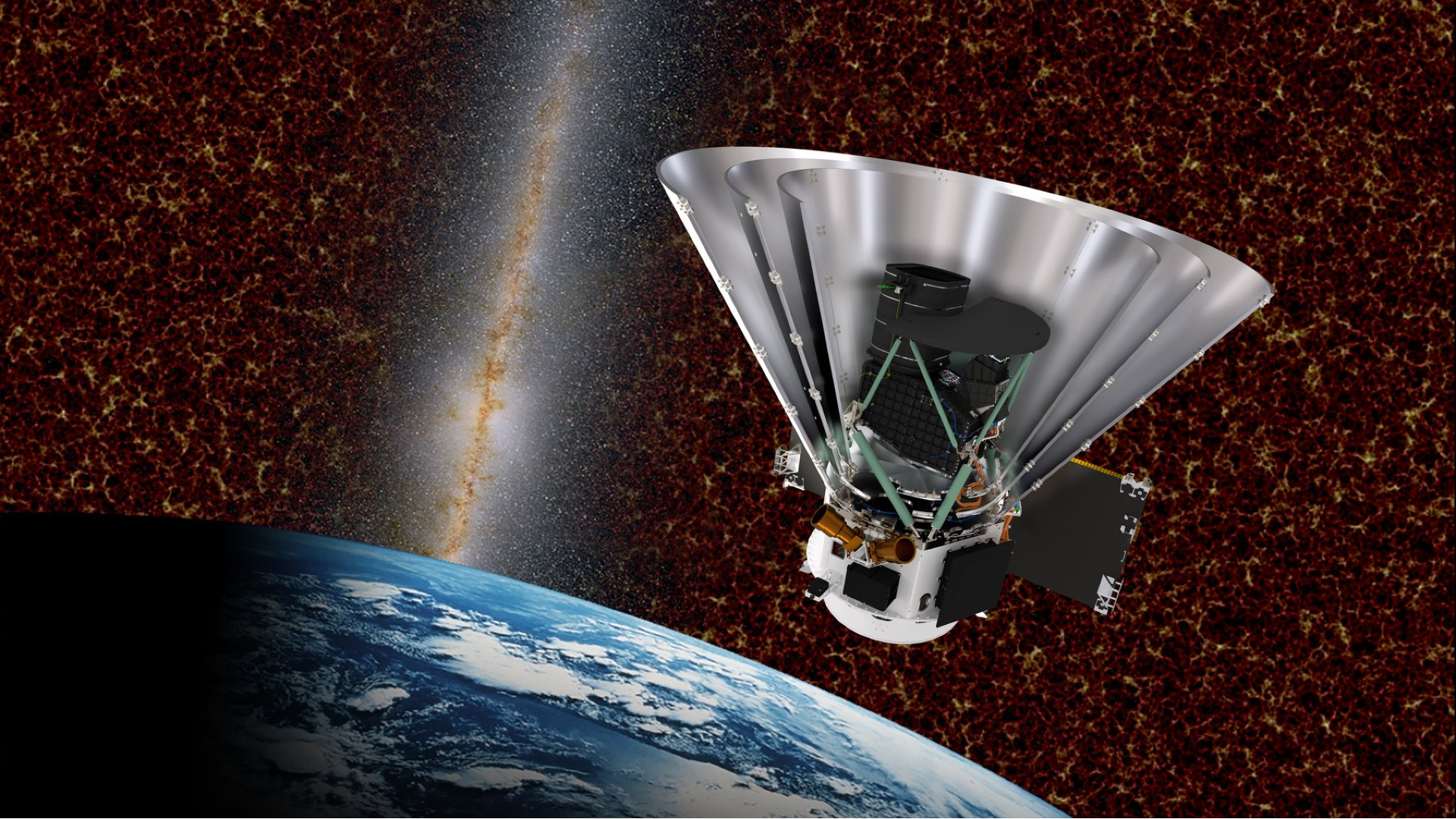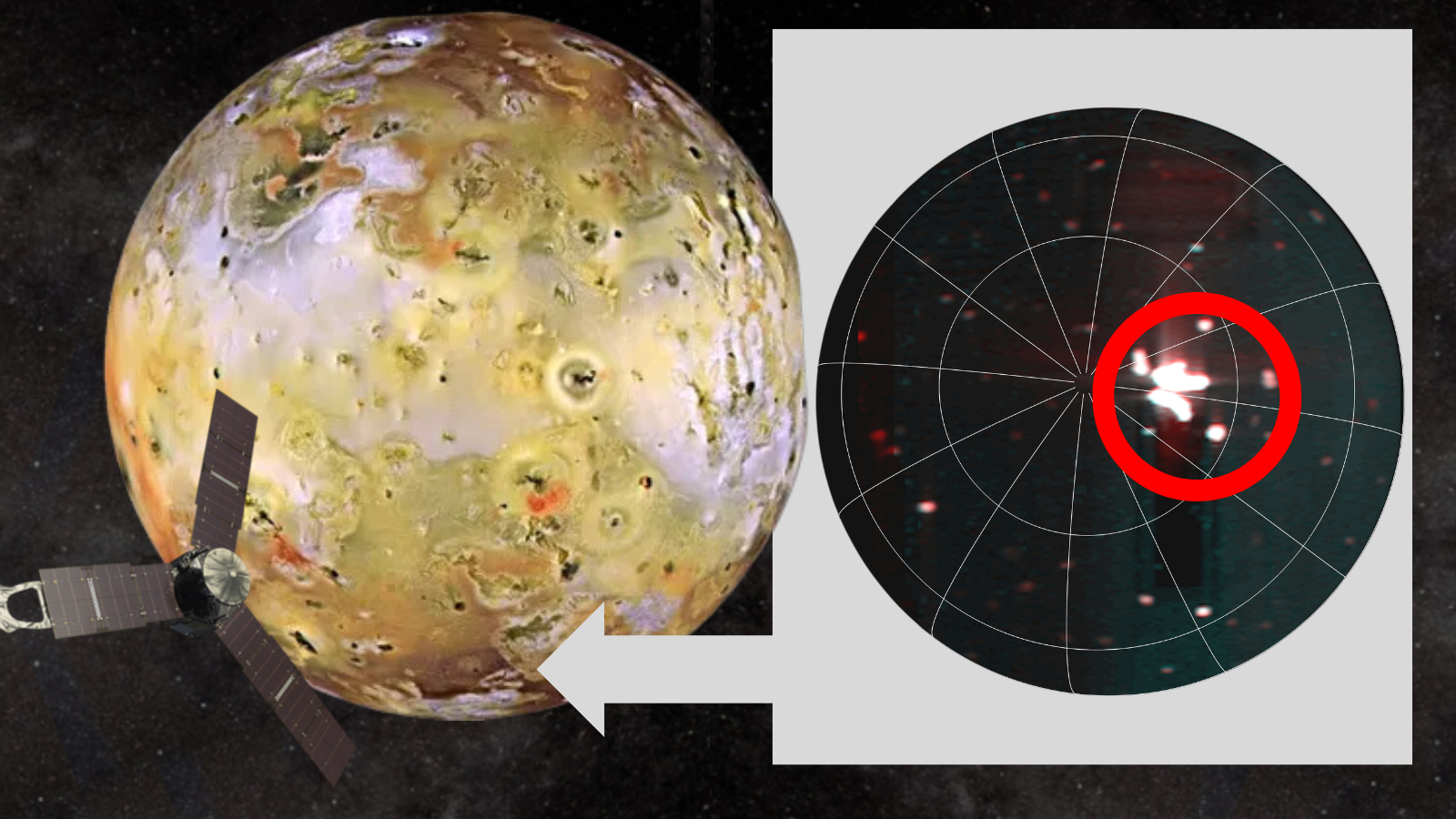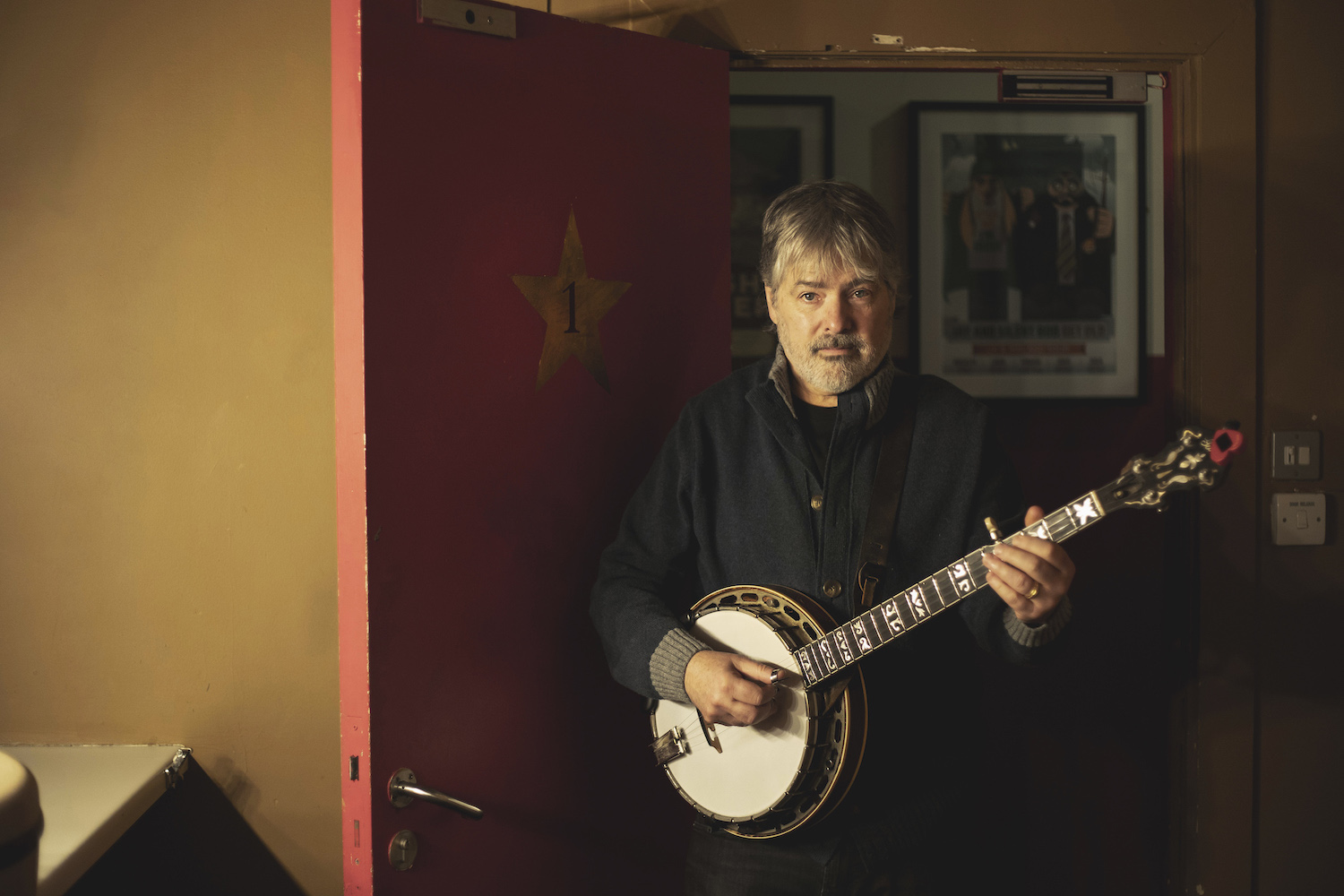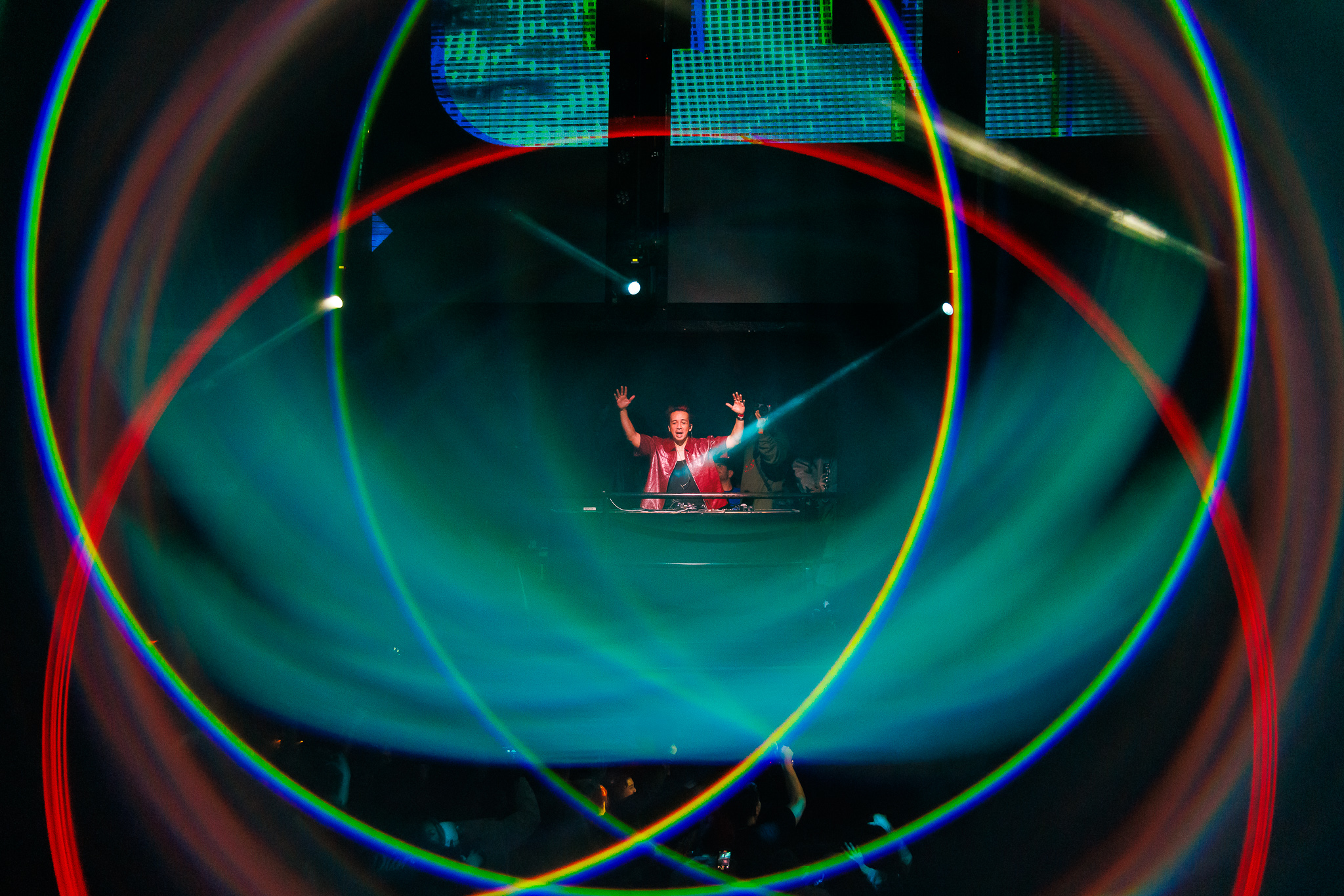Art "entirely generated by A.I." can't be copyrighted, per federal officials
Art requires human expression to be copyrightable, and prompt-based AI art doesn't qualify.


AI may democratize art—so goes the argument from the technology's defenders—but you won't be able to copyright the art you make with it. At least, not the easiest, most accessible version of AI art, which consists of plugging in inane prompts to generate images. Copyrightable works require human expression, the U.S. Copyright Office has ruled, therefore art generated from prompts doesn't qualify.
"Where A.I. merely assists an author in the creative process, its use does not change the copyrightability of the output. At the other extreme, if content is entirely generated by A.I., it cannot be protected by copyright," a new report from the office reads (via Artnet). “Between these boundaries, various forms and combinations of human contributions can be involved in producing A.I. outputs." However, "prompts alone do not provide sufficient human control to make users of an A.I. system the authors of the output."
The matter of AI and copyrights isn't fully settled, and the report notes that rulings will probably need to be made on a case-by-case basis. Also, things will almost certainly change as the technology develops. But according to this report, "The evidence as to the operation of today’s A.I. systems indicates that this is not currently the case." It states, "Prompts do not appear to adequately determine the expressive elements produced, or control how the system translates them into an output."
The report concludes with a recommendation to Congress: "Even if Congress were to consider addressing this issue through legislation, greater clarity would be difficult to achieve. Because the copyrightability inquiry requires analysis of each work and the context of its creation, statutory language would be limited in its ability to provide brighter lines. Unless and until future developments raise new problems, the Office does not recommend a change in the law."










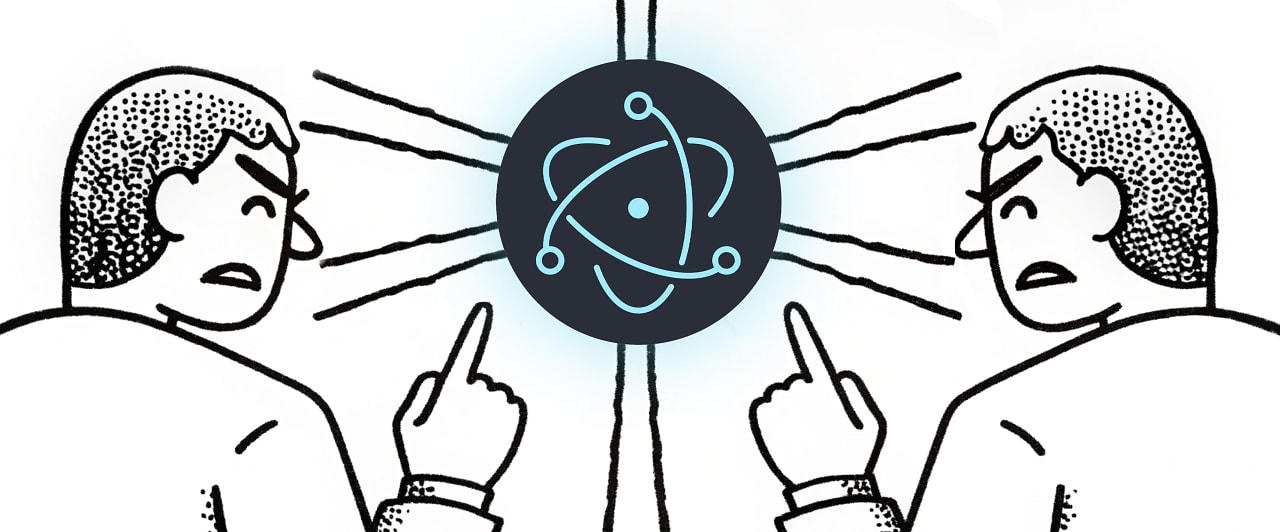


![From Gas Station to Google with Self-Taught Cloud Engineer Rishab Kumar [Podcast #158]](https://cdn.hashnode.com/res/hashnode/image/upload/v1738339892695/6b303b0a-c99c-4074-b4bd-104f98252c0c.png?#)



